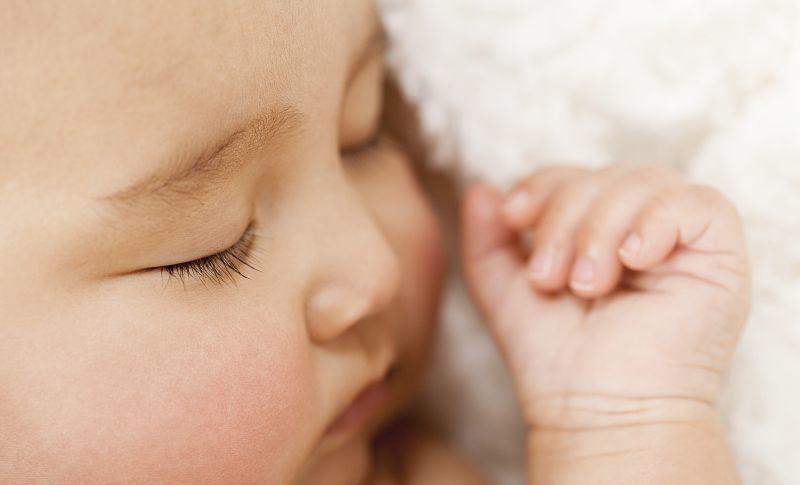
Delayed developmental indicators refer to infants and young children who have a signature developmental indicator in movement, language, or cognition (such as sitting, standing, walking, and language) that do not meet the level that should be expected at the appropriate age.
Traditionally, the delay in developmental indicators includes three aspects, mainly backward motor development, language development and cognitive development, and now also includes sleep patterns.
Today, let's talk about how to carry out cognitive training after cognitive development in the delay of developmental indicators.
Before we talk about this topic, we must first understand what is cognitive backwardness.
Cognitive backwardness refers to the delay in the perceptual development of infants and young children such as vision and hearing, as well as the fact that the eyes do not communicate with people, cannot laugh, laugh out loud, cannot recognize people, cannot learn to speak, cannot communicate with adults and so on.
Of course, this performance must be judged in conjunction with the age of infants and young children, and compared with the normal level that can be achieved by the corresponding age, in order to avoid unnecessary worry.
Cognitive training is currently the best rehabilitation treatment for cognitive development backwardness, but also one of the most important methods of early intervention treatment of infants and young children, let us comprehensively understand cognitive training through four aspects.
1. What is cognitive training?
Cognitive training is through multi-sensory stimulation training, such as vision, hearing, smell, touch and other different sensory activities to transmit information, promote infants and young children's understanding of knowledge, strengthen their cognition of the outside world, and enrich their information.
Second, what is the purpose of cognitive training?
Cognitive training is a multi-sensory training unit artificially designed, which interacts with relaxation and stimulation experiences through multi-sensory activities, which can greatly promote the brain development of infants and young children and improve cognitive function.
Where can I do cognitive training?
At present, the most common infant and young child cognitive training in China is concentrated in maternal and child health hospitals in various cities and counties, especially in the child health care department and child rehabilitation department in the health care hospital. Some comprehensive tertiary hospitals that carry out children's health care business can also do cognitive training. Then there are some private special institutions, some of which can do cognitive training.
4. What is the effect of cognitive training?
Most infants and young children with cognitively backward development have a good prognosis and can progress to normal through positive cognitive training. The earlier the time of cognitive training, the better.
I hope that parents will actively pay attention to their children's development and do not miss the best time for their children to recover and treat, so as not to regret for life.